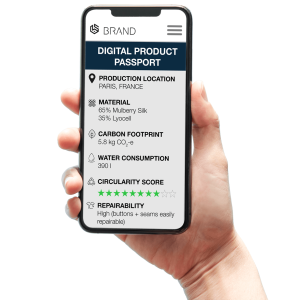The European Union has adopted a new regulation to enhance sustainability rules for batteries, mandating traceability through unique identifiers and a battery passport. This regulation covers the entire battery life cycle, from production to recycling, ensuring safety, sustainability, and responsible disposal. Key points include:
Unique Serial Numbers:
By January 1 2026, all electrical and industrial batteries on the EU market with a capacity of over 2 kWh will have to bear a unique serial number, which must be clearly visible on the unit, as well as information on the production date, the battery type and model, its chemical composition, and intended use.
Battery Passport:
Batteries must have a QR code linking to a passport detailing their carbon impact, electrochemical performance, durability, origin, composition, repair, and recycling options.
Global Precedent:
The traceability requirement is expected to set a global precedent amid increasing electric vehicle use and the need to recycle critical raw materials.

Environmental Concerns:
Lithium-based batteries, containing toxic metals, pose environmental risks from extraction to disposal, and lithium is a finite resource.
Circular Economy Promotion:
The regulation aims to foster a circular economy for batteries, with targets for waste battery collection and recycling efficiency.
Collection and Recycling Targets:
By 2027, producers must collect 63% of portable battery waste, increasing to 73% by 2030. For electric vehicle batteries, the targets are 51% by 2028 and 61% by 2031.
Recovery and Recycled Content:
Targets include 50% lithium recovery from waste batteries by 2027, rising to 80% by 2031, and mandatory minimum recycled content levels for certain batteries.
Efficiency Targets:
Nickel-cadmium batteries have an 80% recycling efficiency target by 2025, while other batteries have a 50% target by the same deadline. By 2027, portable batteries in appliances should be removable and replaceable by users.
































